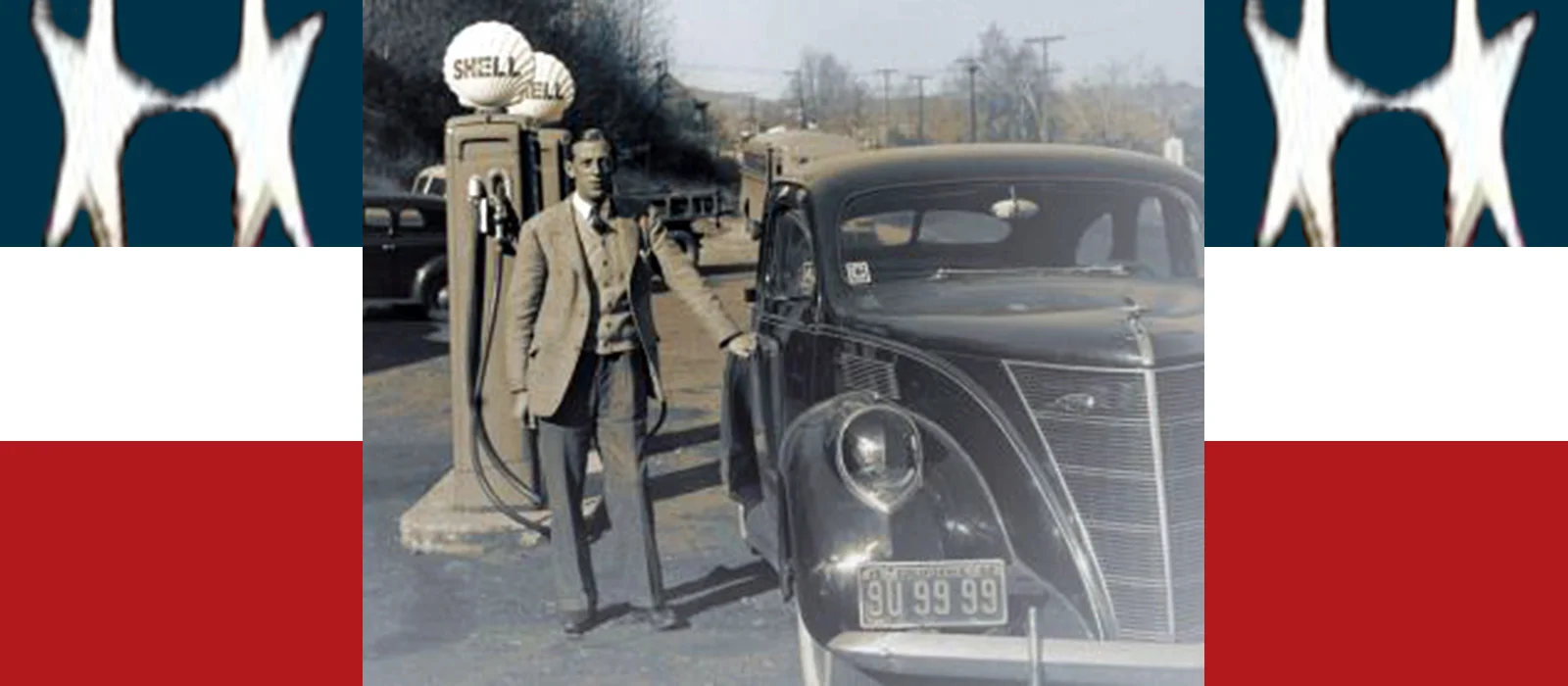The American Home Front: 1941-1942
By: Alistair Cooke / Narrated By: John Byrne Cooke
Length: 13 hrs and 56 mins
Is it shameful that I really wish someone other than Alistair’s son narrated this?
I mean, John Byrne Cooke is highly regarded in many circles, and that he’s passed on makes me feel reeeeeally petty and somewhat sheepish to say that his narration of his father’s masterwork is truly unfortunate. Yes, he has smooth tones, but there’s no warmth, no sensitivity, little in the way of emotion, and the poetry of the writing is completely and unutterably lost.
It really made me respect Gary Sinise’s narration of Travels With Charley in Search of America in that Sinise captured the emotion behind the beautiful prose. There’s emotion to be found in a frosty day; there’s emotion to be found along a vast expanse of plains. Alistair Cooke writes soooo brilliantly about these same things, yet his son misses the mark and because of that, I found my mind drifting off throughout much of the book.
Also, and this is the last time I’ll mention the Steinbeck work, but I found it absolutely distressing that each journey could’ve taken place during the same time frame. Whether the 1940’s or the 60’s, the same taciturn men of the Northeast exist; the same hatred of “Negroes” in the South exists.
Okay, I’m done with the comparison, I promise. Let’s look at all that ACooke adds to The American Home Front. The man traveled EVERYwhere, far and wide, and really tried to dig into the minds of the people of each place. As he says, you can’t just ask Americans what they believe about something. They’ll pause for a bit then come back with what they thiiiiiink they should believe. No—no leading questions for Americans. You need an Alistair Cooke to journey throughout the country, to journey into the differently worded world of questions. He’s met with hubris; he’s met with hostility; he’s met with avuncular patronization. But in no way is he easily dismissed. It makes for some interesting interactions… except for with those silent and taciturn types.
Mostly what I liked was that the man was open to it all. The finest parts of our nation, the seediest parts of our souls. He respected it, and he wrote about it with great candor, great warmth, even with great wit. Though JBCooke’s narration skipped out on the narrative a lot, some of the humor wound up coming through anyway, and I found myself chortling at a finely turned phrase, a wry note of observation, a clever judgment of character.
Further, I learned quite a bit about this country I call my own. ACooke not only covers the changing geography, he covers the changing climates, the changing industries, the changing pastimes. And whereas he finds a lot of differences between Americans, he finds a lot of things that remain the same throughout. Precocious fifteen-year olds drinking and flirting their heads off seem to be the same no matter what part of the country you’re in. And during the time of war, most people wanted to do right by the fighting men (and that’s where precocious female fifteen-year olds come in…).
Sometimes his journey made me wonder if we’re just too diverse a nation. During the war people moved like crazy in search of jobs, and the settled people mistrusted at least, outright hated at worst, those who migrated in. You’ll hear the N Word a lot; you’ll hear a lot about Mexicans being good only for stoop labor; you’ll hear a lot of anti-Semitism. ACooke chronicles it all.
Definitely worth a listen if you’re interested in history, interested in different value systems, interested in the human condition. Add to that a world at war, and you’ve aaaaaaalmost got a great book.
It’s just that DRATTED narration…!
:(
As an Amazon Associate, I earn from qualifying purchases.




